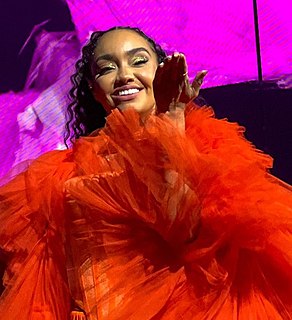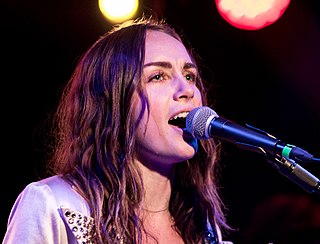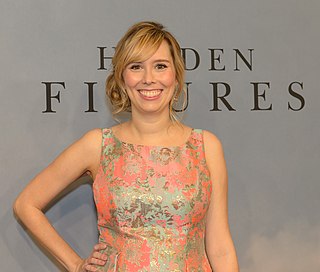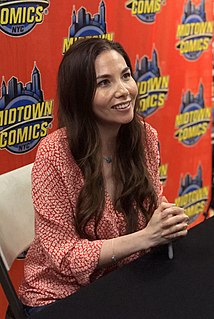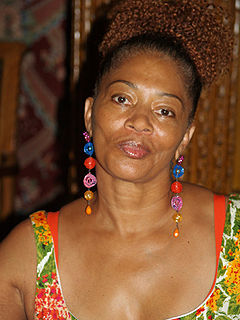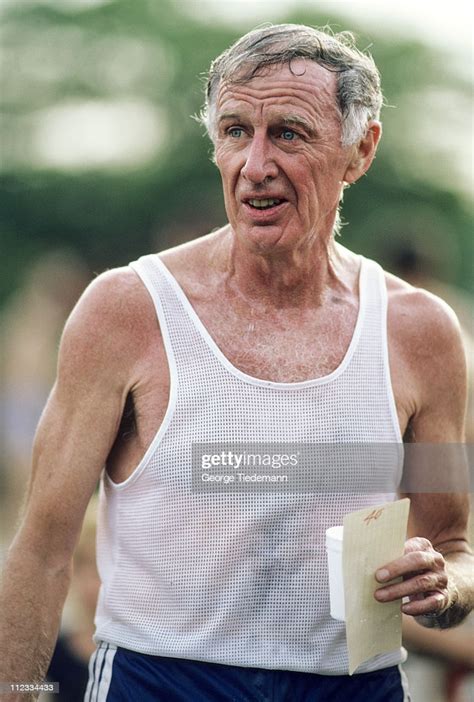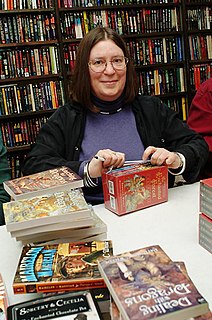A Quote by Leigh-Anne Pinnock
I never said that I was going to do a documentary talking about my experiences of colourism. I think people took it the wrong way with the working title - 'Leigh-Anne: Race and Colourism.' That's not what I was doing, I'm here to amplify the voices of darker-skinned women and hear their experiences.
Related Quotes
My hope as an actress is knowing that I'm someone who is more privileged - I'm biracial and lighter-skinned - and I hope it can open up the door for more women of color, especially darker-skinned black women. I hope everyone hops on the bandwagon and decides to start putting women of color in movies that aren't just about race.
When doing a series, I look for something that has an idea you can think about, something that I'm noticing and aware of and thinking about, because when you're doing a series, you think about more than just jokes... you know, when you're doing a comedy, you think about what's going to reflect people's experiences, in a way.
Sometimes you feel all alone. You come out of a meeting, and something sexist has been said to you: That movie will never be made with that female lead. And you think, 'How am I ever gonna get another job?' When you hear other women having the same experiences, it makes you feel like, 'Well, I'm gonna keep going, and we're gonna fight this system.'
I got letters from people that have had peculiar psychic experiences, experiences with the dead - sometimes fairly tranquil experiences and sometimes very terrifying experiences. I do believe that a lot of them are sincere. I do believe, also, that some of them may be misguided. But, I think the majority of them have experienced something.
I have a great deal of hope. I think that change is here, it's happening. But I know that if we think it's just going to happen on its own, that's not the way it works. We need people to keep talking about women of color writing comics and living the charge. Not just talking but doing. Making art, putting it out there.
The 'phenomenal concept' issue is rather different, I think. Here the question is whether there are concepts of experiences that are made available to subjects solely in virtue of their having had those experiences themselves. Is there a way of thinking about seeing something red, say, that you get from having had those experiences, and so isn't available to a blind person?
No matter how old I get, the race remains one of life's most rewarding experiences. My times become slower and slower, but the experience of the race is unchanged: each race a drama, each race a challenge, each race stretching me in one way or another, and each race telling me more about myself and others.
Well,” said the frog, “what are you going to do about it?” “Marrying Therandil? I don’t know. I’ve tried talking to my parents, but they won’t listen, and neither will Therandil.” “I didn’t ask what you’d said about it,” the frog snapped. “I asked what you’re going to do. Nine times out of ten, talking is a way of avoiding doing things.
